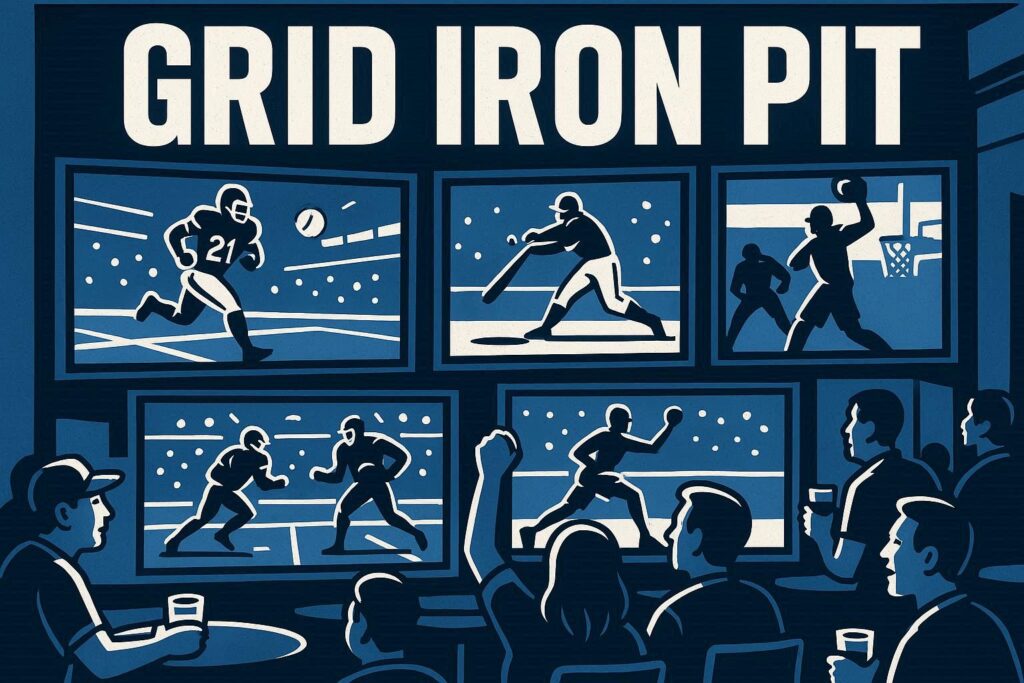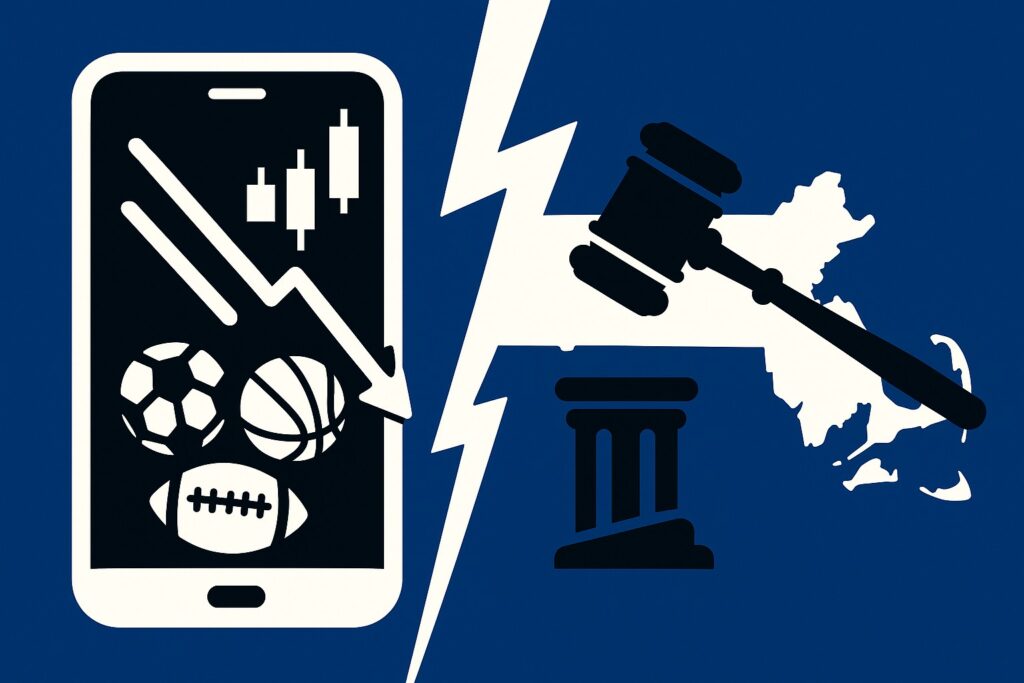Add Louisiana to the growing list of states where sports betting operators face a tax increase on revenue.
Louisiana now plans to use 25% of the overall sports betting tax it collects to help fund the state’s college athletic programs, a response to a landmark ruling earlier this month that allows schools to pay athletes directly.
Beginning Aug. 1, sportsbooks will pay 21.5% of their gross gaming revenue to the state, up from 15%. Lawmakers initially sought to double the tax rate but settled on a compromise with the industry.
Under the new economics, Louisiana’s 11 public universities with an FBS or FCS football team will equally split an estimated $24.3 million in sports betting tax revenue.
The Pelican State is set to become the first state to raise the sports betting tax for this purpose. North Carolina, however, earmarks a portion of the 18% tax it collects to the athletic departments of 13 public universities, excluding the state’s two largest ones – the University of North Carolina at Chapel Hill and North Carolina State University.
A change to that exclusion, in addition to a sports betting tax increase, are under consideration in North Carolina.
Love and hate
The legislation sailed through both Louisiana state houses – by a 74-16 count in the House and 35-3 in the Senate.
Gov. Jeff Landry signed the bill into law.
“We love football in Louisiana – that’s the easiest way to say it,” said Rep. Neil Riser, who sponsored the bill, per the Associated Press.
Easy enough for the state, not so much for operators.
To the sports betting industry, Louisiana’s move is just the latest case of a state moving the goal line. Sportsbooks are operating in economic frameworks that are increasingly more challenging than the ones they signed up for, as state lawmakers seeing raising gambling taxes as a sensible way of generating more revenue.
Earlier this month, Illinois took its own unprecedented step of adding a tax on every sports bet placed in the state. Operators will now pay the state 25 cents per bet on the first 20 million wagers and 50 cents on wagers placed after that. That’s in addition to the state’s 20-40% tax on operators, depending on their size, up from the 15% under the state’s original sports betting law.
The sports betting tax also increased in Maryland this year, from 15% to 20%.
It’s a reality operators will probably have to get used to.
Players, too, perhaps.
In response to Illinois’ per-wager tax, for example FanDuel and DraftKings are imposing a 50 cent transaction fee on each bet, starting Sept. 1.
While that’s the most direct impact of a sports betting tax increase on bettors, it’s unrealistic to think that more of the burden won’t be passed along to customers, whether that’s less generous bonuses or worse parlay odds.
Gambling on Louisiana’s legislative agenda
It’s been a busy session for Louisiana lawmakers on the gambling front.
Legislation to ban sweepstakes casinos passed unanimously through both the House and Senate, but was vetoed by Gov. Landry on June 12.
Landry called the action “unnecessary” and “overly broad,” since controlling black- and gray-market gambling falls under the purview of the Louisiana Gaming Control Board (LGCB).
To his point, the LGCB this week sent cease-and-desist letters to more than 40 sweepstakes casinos and offshore gambling sites. Mississippi took similar action, while legislation banning sweeps was passed in New York this week.





